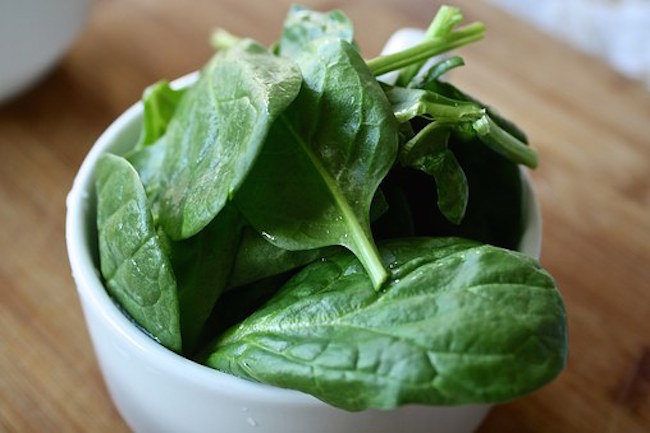Are You Getting Enough Vitamin K? by Dr. Joseph Mercola for Mercola
Vitamin K is a fat-soluble vitamin with significant health influence that many don’t get enough of. Your body stores very little of it, so it’s rapidly depleted without regular dietary intake. Common drugs can also deplete vitamin K, making elevated intake even more important.
There are many vitamin K-dependent proteins in your body, which are involved in things like blood coagulation, bone metabolism and mineralization of your blood vessels. As you’d suspect, that means vitamin K plays a particularly important role in the prevention of bleeding disorders, osteoporosis and heart disease.
There are two main forms of vitamin K, along with several subtypes, all of which can make matters a bit confusing. Here, I’ll do my best to break down the basics, starting with the naturally-occurring forms of vitamin K and their basic functions and sources:1,2
1.Vitamin K1 (phylloquinone) — Vitamin K1 is derived from green, leafy vegetables such as spinach, kale, broccoli and cabbage, and is best known for the role it plays in blood clotting.
With insufficient K1, your blood cannot clot properly, which can have life-threatening consequences, as you could bleed to death. (This is why when someone’s on a blood thinner such as warfarin, they need to be careful not to take too much vitamin K1, as their blood might become too thin.)
As noted by vitamin K expert Leon Schurgers, Ph.D., absorption of vitamin K1 from food is low; only 10% of the vitamin K found in vegetables is absorbed, and there’s no way to significantly increase that absorption.
2.Vitamin K2 (menaquinones) — The menaquinones play a primary role in bone and heart health. Inside your body, vitamin K2 is synthesized by certain bacteria in your gut. There are several subtypes of K2, two of the most common of which are:3
a.Menaquinone-4 (MK-4) — A short-chain form of vitamin K2 found in animal products such as meat, eggs, liver and dairy.4,5 Source matters, however. For example, pasteurized dairy and products from factory farmed animals are not high in MK-4 and should be avoided. Only grass fed animals (not grain fed) will develop naturally high levels.
MK-4 has a short biological half-life — about 2.5 hours — making it a poor candidate as a dietary supplement. That said, natural MK-4 from food is important for good health as it plays a role in gene expression. For example, research6 has found it may lower your risk of liver cancer.
b.Menaquinone-7 (MK-7) — Longer-chained vitamin K2 found in fermented foods such as sauerkraut, certain cheeses and natto.7 There’s a variety of these long-chain forms, but the most common one is MK-7. This is the one you’ll want to look for in supplements, as this form is extracted from real food, specifically natto,8 a fermented soy product.
MK-7 is produced by specific bacteria during the fermentation process. However, not all strains of bacteria make it,9 so not all fermented foods will provide it. Most commercial yogurts, for example, are virtually devoid of vitamin K2, and while certain types of cheeses, such as Gouda, Brie and Edam, are high in K2, others are not.
One of the best ways to ensure a good source of vitamin K2 is to ferment your own vegetables using a special starter culture with bacterial strains that produce vitamin K2. While K1 in vegetables is poorly absorbed, virtually all of the K2 in fermented foods is readily available to your body.
The MK-7 formed in the fermentation process has two major advantages: It stays in your body longer and has a longer half-life than MK-4,10 which means you can take it just once a day.
Research11 has shown MK-7 helps prevent inflammation by inhibiting proinflammatory markers that can cause autoimmune diseases like rheumatoid arthritis. And, while vitamin K1 has been found to moderately reduce the risk of bone fractures,12 MK-7 is more effective than vitamin K1 at reaching (and protecting) your bone.13,14




